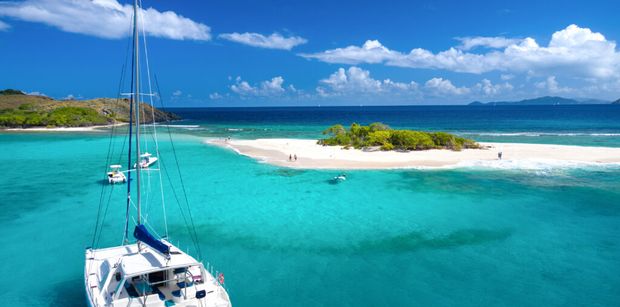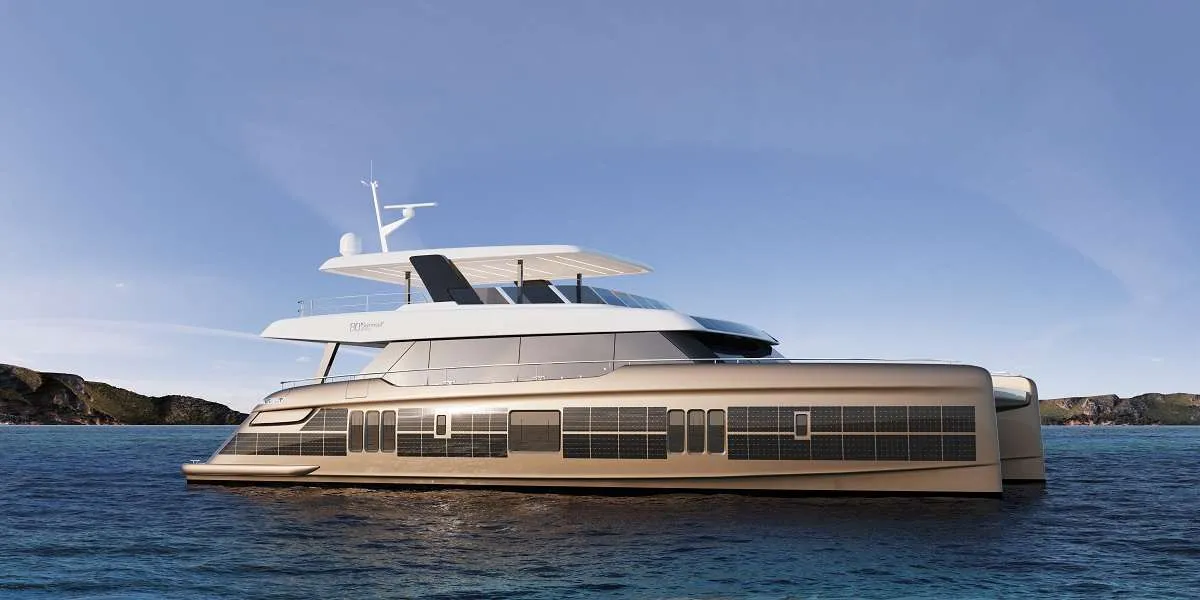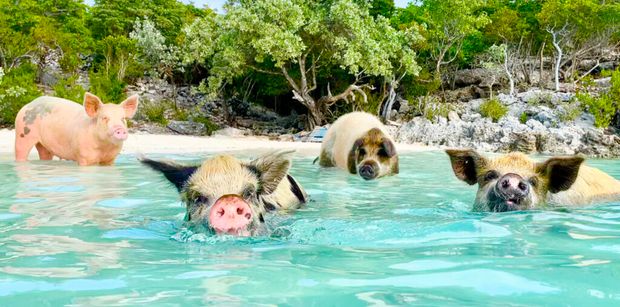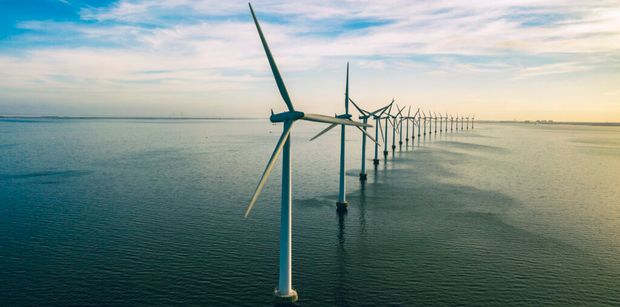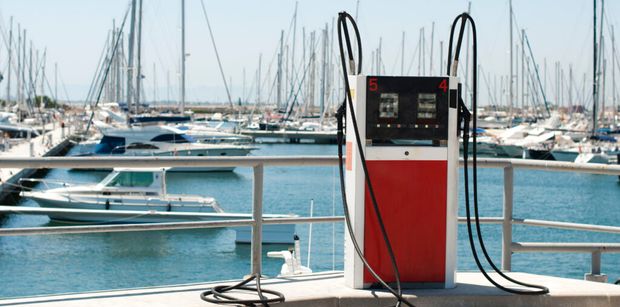Innovations in technology are playing a pivotal role in reshaping the boating industry, offering more advanced solutions to minimize its environmental impact. With the growing concerns for climate change and environmental impact, the call for a more sustainable boating industry is getting louder.
The transformative power of technology is evident in its ability to streamline processes and enhance overall efficiency. From operations to customer experiences, technology is proving to be the driving force toward a greener future.
At Boatbookings, we value this role of advancing technology and take a look at some of the ways it is doing so here:
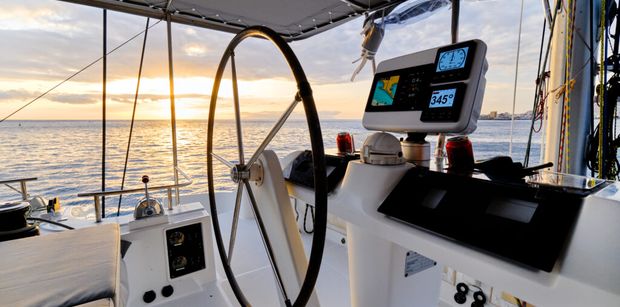
Reducing Emissions
One critical step toward a greener boating industry is the reduction of carbon footprints. Technology comes to the fore by providing tools to measure and mitigate these impacts. At Boatbookings, we have been ahead of this for years with our carbon emissions calculator, enabling clients to offset emissions of their crewed charter catamarans. With the technology in place, the industry can easily calculate and minimize emissions. This also helps with the increasing regulatory landscape, allowing companies and clients to implement targeted strategies for emissions.
Digitizing Processes
The digital revolution has been transforming how the world of yachting operates, including marinas. The move toward digitization significantly reduces paperwork and manual processes, which enhances efficiency. Platforms like Dockwa and Seasy lead the charge in facilitating online marina bookings, allowing bareboat catamaran charter clients to easily book their stays. Not only does this simplify the booking process, but it also contributes to reducing waste associated with traditional paperwork.
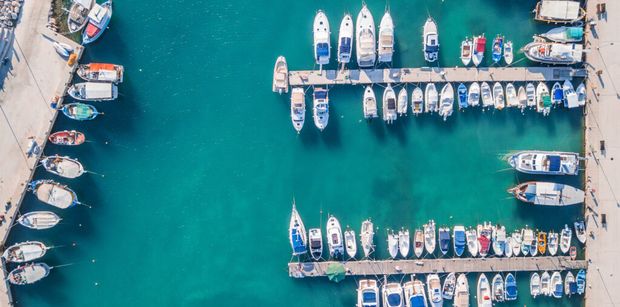
Enhancing Efficiency
Advancements in GPS technology and automation are revolutionizing boat navigation. Smart navigation systems are now integrated into boats to improve efficiency and safety. These systems provide precise routes, optimizing fuel consumption and ensuring boats can navigate with the least environmental impact. The integration of technology is making navigation not only more reliable but also more environmentally conscious.
Collaboration and Community
Technology also fosters a sense of community and environmental responsibility within the industry. Apps like CleanSwell are empowering communities to collaborate in beach clean-up efforts. Individuals can now actively participate in conserving the marine environment by leveraging technology to organize and coordinate these initiatives.
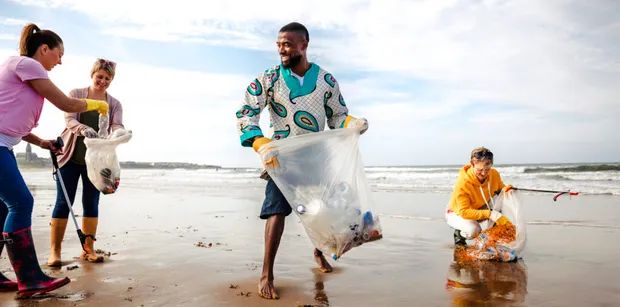
Sustainable Provisioning
New apps such as Paradise Foods, a grocery delivery service in the Caribbean, are now providing an innovative way for crewed charter catamaran and bareboat charter catamaran clients and crew to deliver their provisions directly to the boat. This technology is also facilitating a shift toward more local and seasonal eating, minimizing the carbon footprint associated with food miles. This app allows users to enjoy fresh, locally sourced produce, contributing to the promotion of sustainable practices.
Technology is undeniably at the forefront of transforming the boating industry into a more sustainable and environmentally conscious sector. As it advances, we hope to see even more positive changes. Contact the team at Boatbookings today to book your greener crewed charter catamaran and be part of this positive change.


